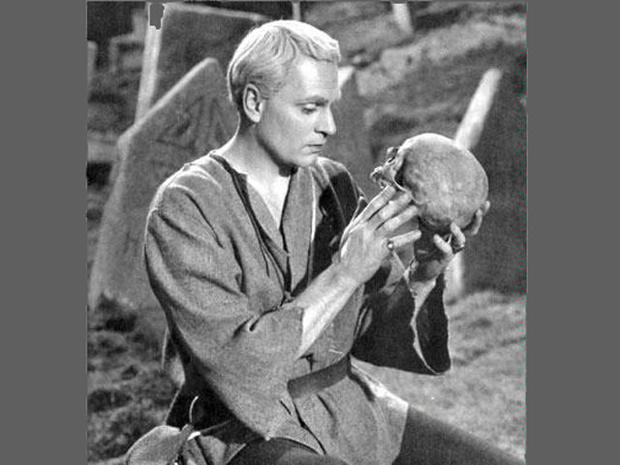Was Hamlet a melancholy Dane: That is the question
Was Hamlet, the melancholy Danish prince, really based on an Irish legend?
Scholars believe that Shakespeare came up the idea for Hamlet after reading a 13th century Norse pseudo-history. But is it possible that the origin of idea actually has Gaelic antecedents which date back hundreds of years earlier?
Though the bard didn't leave any documentary evidence behind, he is thought to have developed the Hamlet character from his familiarity with the "The History of the Danes." That work, in turn, relies on verse written by an Icelandic poet from the tenth or eleventh-century.
In an essay appearing in the Review of English Studies, Lisa Collinson of the University of Aberdeen, offers a new etymology for Hamlet where she puts forward evidence to suggest that the Hamlet character can be traced back to far older, Gaelic sources.
Over the years, there have been various attempts to draw out the supposed Gaelic origins of Hamlet. But Collinson's sleuthing led her to a different source: a medieval Irish tale with the title "Togail Bruidne Da Derga" ("The
Destruction of Da Derga's Hostel"), which was based on a work from the eighth or
ninth-century. In that story, an "unjust king is killed in a strange hall, filled with uncanny figures." One of the figures who goes by the name of Admlithi offers a potential key to the derivation of Shakespeare's later use of the Hamlet name.
"As soon as I saw 'Admlithi', I thought of Hamlet," Collinson said in an interview with the University of Aberdeen. "But I persuaded myself that the possible link couldn't be demonstrated in a scholarly way. It's taken me several years and a lot of encouragement from colleagues to follow this up properly."
Her etymological investigations of various texts confirmed her belief that a corrupted version of the Gaelic name 'Admlithi' was first coined by Gaelic-speakers and then got brought to Scandinavia. Little is known about Saxo, the author of the Danish history book, who lived around the beginning of the thirteenth century. However, Collinson notes in her article that "he studied abroad, possibly in northern France. Somehow, he acquired Celtic or partly-Celtic material--including knowledge of tales explicitly about Ireland" - which got incorporated into his work.
"Since England, Iceland, Norway, Denmark and Northern France all had close cultural ties to Ireland, it is possible that Saxo could have gained insight into Celtic texts from any of these areas," she writes.
What's more, she argues that "it would perhaps have been surprising if some of these sources had not contained Irish material" as Irish authors of the time "were uniquely precocious, and uniquely prolific, in their production of works on sovereignty."
